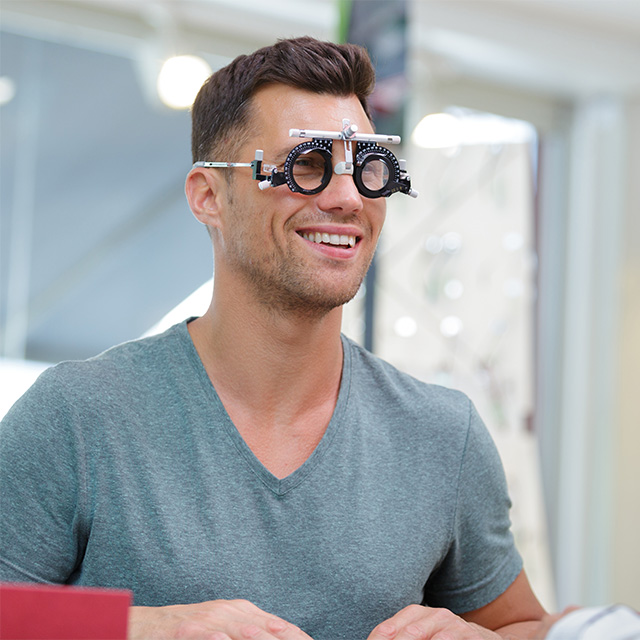
Vision therapy has emerged as a transformative approach to address a vast array of visual challenges. Extensive research and scientific evidence have laid a solid foundation for its effectiveness, making it a valuable option for individuals who wish to enhance their visual skills and overall quality of life.

The Foundation of Vision Therapy: How Does it Work?

Vision therapy is built upon the principle of neuroplasticity, which refers to the brain's ability to adapt and reorganize itself in response to new experiences and learning. This concept has been extensively studied, and it has been demonstrated that the visual system is not static but can be modified through targeted exercises and activities.
Children, in particular, have experienced notable benefits from vision therapy, especially those grappling with learning and focus challenges. These young minds are at a critical stage of development, where visual skills play a fundamental role in their academic progress and everyday activities.
Vision therapy offers tailored interventions that target specific visual difficulties, helping children overcome obstacles that may hinder their learning and concentration.
Key Research Findings in Support of Vision Therapy
Numerous scientific studies and clinical trials have investigated the efficacy of vision therapy in addressing visual challenges. Here are some key research findings:
-
Convergence Insufficiency (CI)
Research published by The Cochrane Collaboration found vision therapy highly effective for treating convergence insufficiency. This condition causes the eyes to have difficulty working together when focused on nearby objects.
-
Amblyopia (Lazy Eye)
The Pediatric Eye Disease Investigator Group (PEDIG) conducted research showing that vision therapy, combined with atropine eye drops, can significantly improve vision in children with amblyopia.
-
Eye-Tracking Disorders:
Studies have demonstrated that vision therapy can effectively address eye-tracking problems, enhancing the ability to follow moving objects and improving reading skills.
-
Post-Concussion Vision Problems
Research has shown that vision therapy can help individuals recover from post-traumatic brain injury-related vision problems, including double vision and tracking difficulties.
An Individualized Approach with North Suburban Vision Consultants
One of the strengths of vision therapy lies in its individualized approach. Each therapy program is customized to address the specific needs and challenges of the patient. This tailored approach is supported by research, which has consistently shown that personalized vision therapy yields more positive outcomes.
Consultation and Assessment: Book Your Eye Exam Today

If you or someone you know is considering vision therapy, it's essential to begin with a comprehensive eye exam and consultation with an experienced optometrist or vision therapist. This initial assessment helps identify any underlying vision issues and determine the most suitable treatment plan.
Vision Therapy in Deerfield

Meet our Eye Doctors

- Monday 9:00 am - 5:30 pm
- Tuesday 9:00 am - 7:00 pm
- Wednesday 9:00 am - 5:30 pm
- Thursday 9:00 am - 7:00 pm
- Friday 8:30 am - 4:30 pm
- Saturday 8:00 am - 1:00 pm
- Sunday Closed
- VSP
- Medicare
- United Healthcare
- Spectera
- Anthem
- EyeMed
- MetLife
- Blue Cross
- Aetna

Embrace the Benefits of Vision Therapy
The research and evidence behind vision therapy provide a solid foundation for its effectiveness in improving visual skills and addressing various visual conditions.
If you're seeking a proven approach to enhance your visual abilities, consider scheduling an appointment with North Suburban Vision Consultants. Vision therapy offers a path to clearer, more comfortable vision and an improved quality of life.







